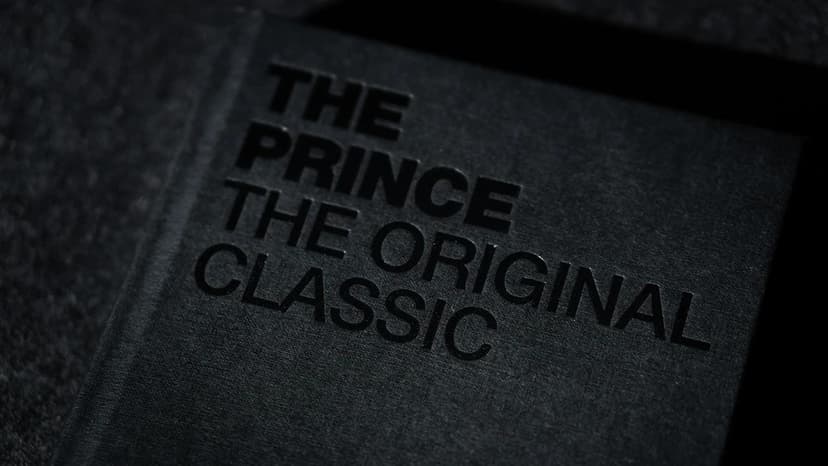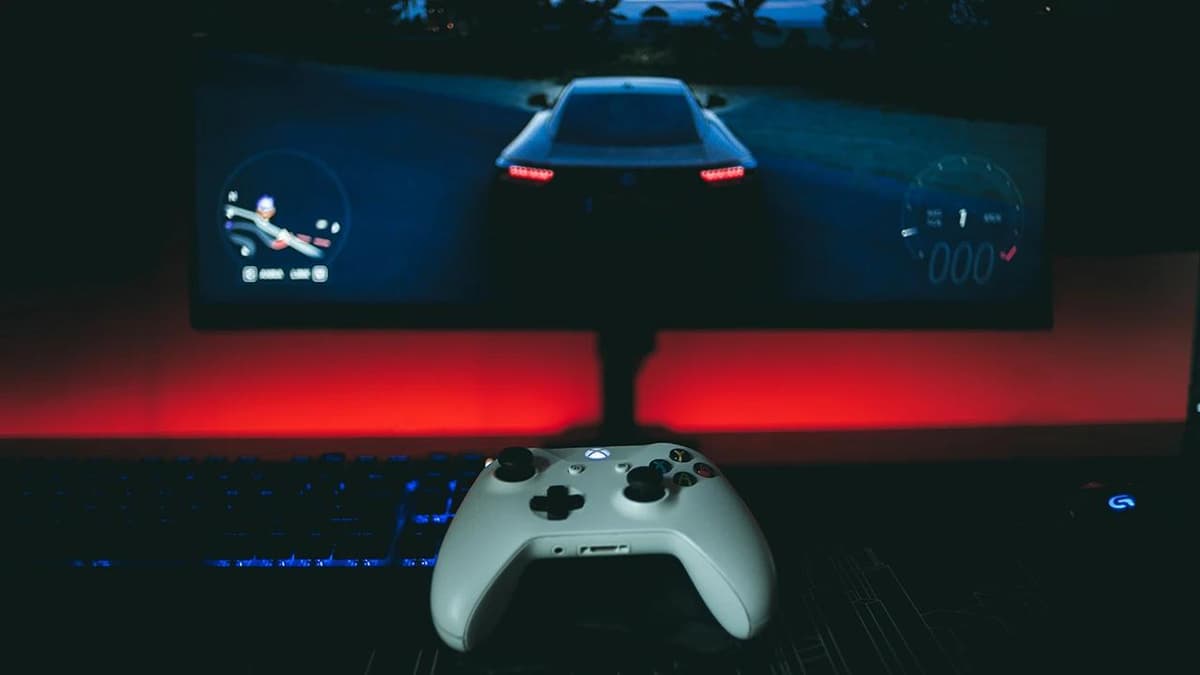Honda's Return Policy: Navigating Your Options After a New Vehicle Purchase
Purchasing a new vehicle is a significant investment. If the vehicle doesn’t meet your needs, it's important to know your return options. This article provides clear information about Honda's return policy.
Understand the Basics
Automobile return policies differ from standard retail goods. Once you drive a vehicle off the dealership lot, it becomes a used car and depreciates in value. As a result, dealerships, including Honda, are usually hesitant to accept returns unless under special circumstances.
Honda's Return Policy
Honda does not have a standardized return policy across its dealerships. Most dealerships do not allow returns simply because of buyer's remorse. This policy stems from the immediate depreciation of the vehicle's value after purchase.
If you are considering a return, review your purchase contract. Any details about returns will be outlined there. Some dealerships might have provisions or a "cooling-off" period allowing for a return under specific conditions.
Considerations Before Attempting a Return
-
Depreciation: The vehicle depreciates in value as soon as it leaves the lot, affecting return offers.
-
Mileage: Significant mileage can lower the chances of a successful return since the car is not considered new for resale.
-
Condition: The vehicle must be in the same condition as when purchased.
Steps to Take When You Want to Return Your Vehicle
-
Review Your Paperwork: Thoroughly check your sales contract for any return policy or buyer's remorse clause.
-
Contact the Dealership: Reach out to the dealership where you purchased the car. Speak with the sales manager or a customer service representative to discuss your options.
-
Negotiate: If no clear return policy exists, you may need to negotiate. Explain your reasons for wanting to return the vehicle and be open to solutions that may include restocking fees.
-
Consider Trade-in or Resale: If a return isn't feasible, inquire about a trade-in or consider selling the vehicle privately.
Alternatives to Returns
If a return is not possible, explore these alternatives:
-
Trade-Ins: A trade-in might not recover the full value of the car but can help mitigate financial loss while allowing you to purchase a vehicle that fits your needs better.
-
Private Sale: Selling the vehicle privately might yield more money than a trade-in and allows for direct negotiation with buyers.
Helpful Resources
For assistance regarding your situation or Honda’s practices:
-
Honda Customer Service: Honda Automobile Customer Service
-
Frequently Asked Questions: Honda FAQs
It’s important to carefully consider your decision before buying and to reach out to your dealer promptly if you want to explore a return.












